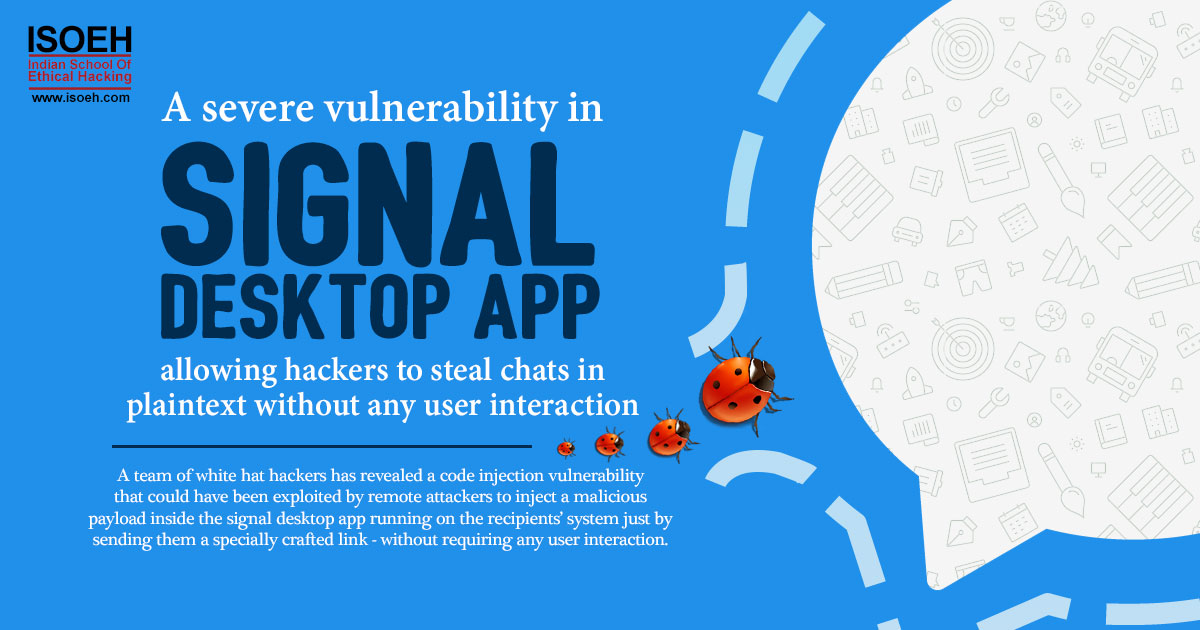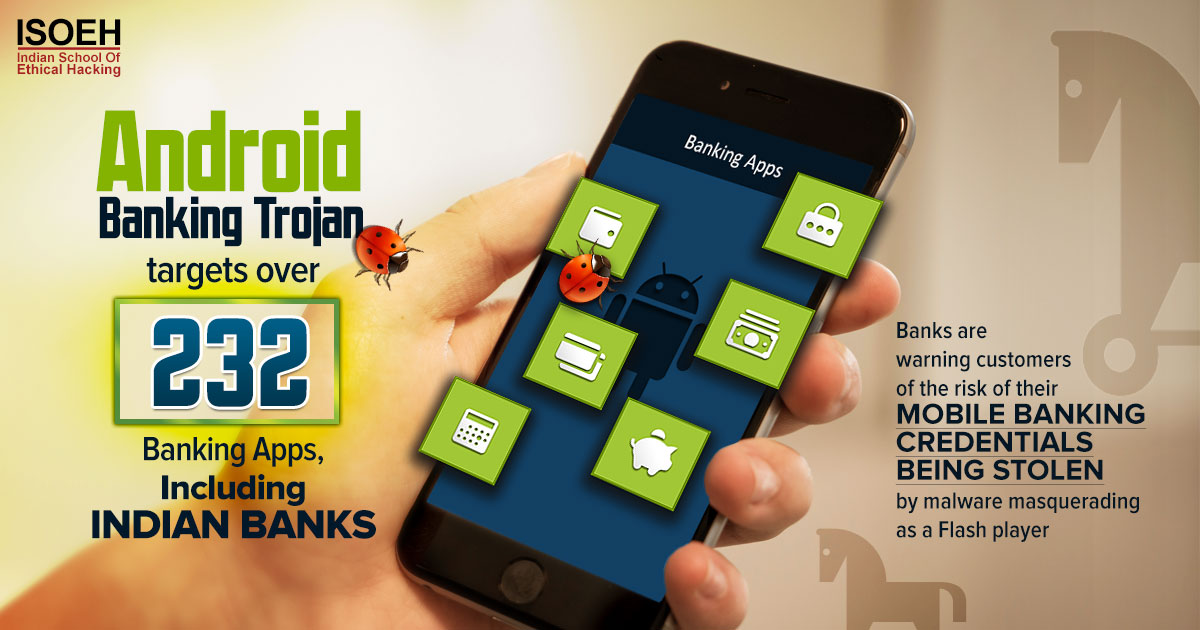
Contents
- Introduction
- What is Penetration Testing?
- Why is Penetration Testing so Important?
- What is pen tester is?
- Why pen testers are needed?
- Skills needed to become a pen tester
- What distinguishes Certified Penetration Testing Professionals (CPENT)?
- Salary of a pen tester
- What are the steps to becoming a pen tester, including certificates, online courses, and where to begin?
- The Benefits of Certified Penetration Testing Professionals (CPENT)
- Conclusion
Introduction
According to a Kaspersky Lab survey, more than 40% of businesses do not have adequate cybersecurity. Penetration testing is a simulated attack that is used to evaluate network security. It is critical for detecting vulnerabilities and validating security procedures. It is critical to guarantee the security of your data in today's cyber ecosystem. You are vulnerable to a cyber-attack whether you are a business, an individual, or a government organisation. It is crucial to recognise the critical necessity for CPENT and certified Penetration Testing Professionals to defend themselves.
What is Penetration Testing?
Penetration testing is a sort of security evaluation in which potential security flaws in a system or network are identified. It is used to evaluate a system's security posture and to identify any potential weak points or vulnerabilities that an attacker could exploit.
Why is Penetration Testing so Important?
Penetration testing is an important component of any security strategy. It aids in identifying potential security flaws that could be exploited to obtain access to sensitive data or interrupt operations. It also assists in identifying security gaps that an attacker could exploit and provides suggestions on how to close them.
What is a pen tester?
It is one of the most sought-after positions in cyber security. A pen tester is someone who attempts to uncover vulnerabilities in systems, networks, and data by utilising various approaches and tools. Essentially, they are hired on as hackers. They can also aid in the resolution of security flaws. What they do mimics what you would see in a cyber-attack if an actual hacker carried it out. You cannot do this without the company's authorization. Typically, a corporation will hire a pen tester or have an internal pen tester perform these security evaluations and attempt to uncover susceptible sections of the system, so do not do this without permission.
Why pen testers are needed?
Penetration testing is used to mimic an attack and detect potential security flaws.
- Testing Methods and Types: Black, grey, and white hat testing, as well as network, web application, and database testing, are all included.
- Cost Components: The cost of penetration testing is affected by factors such as resources, test type, and stealthiness.
- Security and Compliance Importance: Validates security control deployment and aids in meeting contractual and insurance requirements.
- Limitations and Issues: Potential system harm, scheduling issues, and the significance of developing Rules of Engagement.
- Why Third-Party Testing is Beneficial: It provides unbiased results and can assist in justifying security funding.
Skills needed to become a pen tester
- Ethical Hacking: A penetration tester must understand the principles and practices of ethical hacking.
- Networking Knowledge: A thorough understanding of networking protocols, structures, and security procedures is required.
- Expertise in Operating Systems: Effective penetration testing requires knowledge of multiple operating systems, including Windows, Linux, and macOS.
- Programming abilities: Competence in programming languages such as Python, Bash, or PowerShell makes it easier to create custom scripts and testing tools.
- Web Application Security: Understanding basic web vulnerabilities such as SQL injection and Cross-Site Scripting (XSS) is critical for testing web applications.
- Wireless Network Security: Understanding wireless network protocols and security mechanisms is critical for analysing wireless network security.
- Vulnerability Assessment: The capacity to conduct comprehensive vulnerability assessments and discover potential vulnerabilities in systems and applications.
- Cryptography Knowledge: Understanding cryptographic principles and protocols is required for determining the security of data encryption.
- Incident Response: Knowledge of incident response protocols and tactics for dealing with security incidents.
- Frameworks for Security: Understanding security frameworks such as NIST and ISO 27001 allows for a more systematic approach to penetration testing.
- Social Engineering Skills: Knowledge of social engineering techniques that can be used to analyse an organization's vulnerability to human-based attacks.
- Tools for Penetration Testing: Proficiency with common penetration testing tools such as Metasploit, Burp Suite, and Nmap.
- Forensics Knowledge: Understanding digital forensics principles in order to examine and analyse security occurrences.
- Cloud Security: Understanding of cloud computing security principles, including examining cloud setups and security procedures.
- IoT Security Awareness: Understanding the security implications of Internet of Things (IoT) devices and networks is referred to as IoT security awareness.
- Understanding of Security Policies: Understanding of security policies and compliance standards applicable to various industries.
- Risk Assessment: Ability to conduct risk assessments and prioritise vulnerabilities based on probable impact.
- Critical Thinking: The capacity to think critically and creatively in order to identify novel assault vectors.
- Communication Skills: Effective communication skills are required to clearly express results, risks, and recommendations to both technical and non-technical stakeholders.
- Continuous Learning: An ongoing commitment to learning and remaining current on the newest cybersecurity trends, risks, and technologies.
What distinguishes Certified Penetration Testing Professionals (CPENT)?
- Advanced Windows attacks
- Attacking IoT systems
- Writing Exploits – Advanced Binary Exploitation
- Bypassing a Filtered Network
- Pentesting Operational Technology
- Access Hidden Networks with Pivoting
- Double pivoting
- Privilege Escalation
- Evading Defense Mechanism
- Attack Automation with Scripts
- Weaponize Your Exploits
- Write Professional Reports
Salary of a pen tester
Penetration tester salaries in India might vary greatly. Entry-level occupations may pay between 3 and 6 lakhs per year. Mid-level experts with a few years of expertise may take between 6 and 12 lakhs per year, whereas senior or highly experienced penetration testers may earn incomes of 12 lakhs or more.
What are the steps to becoming a pen tester, including certificates, and online courses, and where to begin?
A penetration tester, often known as an ethical hacker, must have a combination of education, practical experience, and credentials. Here is a step-by-step tutorial to becoming a pen tester:
Educational Background:
- Basic IT Knowledge: Make sure you grasp fundamental IT topics such as networking, operating systems, and protocols.
- Programming Skills: Programming languages such as Python, Java, and C++ are useful for analysing and exploiting vulnerabilities.
- Networking Knowledge: Learn about networking essentials such as TCP/IP, subnetting, firewalls, and routers.
Online Courses:
- Cybersecurity Courses: Enroll in online courses to understand the foundations of cybersecurity. Courses from renowned institutions and professionals are available through platforms such as Coursera, Udacity, edX, and Pluralsight.
- Penetration Testing Courses: Penetration testing classes can provide hands-on experience. Consider platforms such as the Offensive Security Certification Programme (OSCP), eLearnSecurity, and SANS Institute.
Practical Experience:
- Build a Home Lab: Create a home lab to practise your abilities in a safe environment. Virtual machines, susceptible software, and networking configurations are examples of this.
- Capture The Flag (CTF) Challenges: To improve your practical abilities, take part in online CTF challenges on platforms like HackTheBox, TryHackMe, or OverTheWire.
Networking:
Participate in the cybersecurity community via forums, social media, and local meetups. Professional networking can bring significant insights and opportunities.
Stay Updated:
Cybersecurity is an ever-changing field. Follow blogs, and forums, and attend conferences to stay up to date on the latest vulnerabilities, tools, and tactics.
Job Search:
- Entry-Level Positions: To obtain experience, look for entry-level professions such as IT assistance, system administration, or security analysis.
- Internships: To obtain hands-on experience, look for internships in cybersecurity or related sectors.
- Build a Portfolio: Make a portfolio of your abilities, projects, and certificates to show potential employers.
The Benefits of Certified Penetration Testing Professionals (CPENT)
Organisations benefit from Certified Penetration Testing Professionals in a variety of ways. They can help to ensure the security of systems and networks, reduce the danger of data loss or theft, and improve operational efficiency. CPENT may advise on how to respond to attacks and incidents, as well as identify potential security vulnerabilities and advise on how to remedy them. This can help to ensure the security of your data and the protection of your network from any attacks.
Conclusion
70% or more of security testing is automated in 29% of organisations. From 2022 to 2027, the penetration testing market is predicted to increase at a compound yearly growth rate of 13.7 per cent. Here In today's cyber scene, Certified Penetration Testing Professionals play a key role in securing data and networks. They are highly skilled individuals who can examine potential security flaws and advise on how to fix them. You may protect the security of your data and networks, as well as your readiness for future threats and incidents, by investing in CPENT and Certified Penetration Testing Professionals. This will aid in the protection of your data and networks, as well as the safety and security of your operations.
Hacking Tools
Explore All Hacking Tools »
UFTP is an encrypted multicast file transfer program for secure, reliable & efficient transfer of files. It also helps in data distribution over a satellite link.
Read DetailsBreaking News
Breaking News Of Each Month »
The recent pandemic was unexpected and unknown to most part of the world. It has changed our life and we are slowly adapting to our new lifestyle. The risks associated with the new lifestyle, both personal & corporate, are unknown to most of us.
Read Details
















